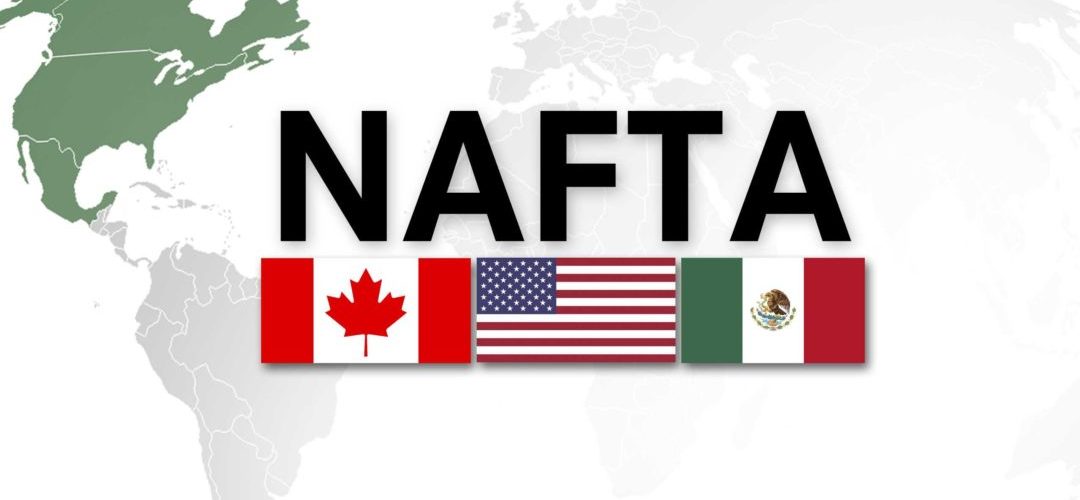NAFTA
Negotiations on the North American Free Trade Agreement (NAFTA) started last year. Canada, in a proactive manner and constructive approach, has played big cards against the US by asking them to ratify the ILO Conventions and get rid of right-to-work laws.
However, the best way to describe the situation at this point is total uncertainty. The three may have made some progress and may have reached some agreement on some issues, but it is fair to say that one can wonder if a modernized NAFTA will be formed, ratified and will come into force by the end of the year.
Why? The political agenda of two the three parties. The US is holding Congress election in November. As for Mexico, Mexicans will go to the polls on July 1. Needless to say the timeframe in order to reach a deal is very tight. Nonetheless, some progress has been made on rules of origin, the US conceding to reduce the percentage of regional content in automobiles.
As for the Labour Chapter, it a wait-and-see approach at this point.
Meetings are ongoing and we will see if Canada is able to convince the US and Mexico to modernize this agreement to the benefit of working people across North America.
Canada and Pacific Alliance
Chile, Colombia, Mexico and Peru formed this alliance in 2011 to generate more economic opportunities for this region and facilitate the free movement of goods, services, capital and people. Canada has started discussions with the Alliance and has become an observer in 2012; as of June 2017, Canada has a new status and is now an Associated State of the Pacific Alliance, along with Australia, New Zealand and Singapore. Three sectors would directly targeted in this possible agreement: the extractive sector, infrastructure and finance. Canada must ensure the rules governing workers mobility prevents form hurting Canadian workers.
Canada and Mercosur
Canada has engaged “exploratory discussions” to sign a free trade agreement (FTA) with Mercosur member states, Argentina, Brazil, Paraguay and Uruguay. Canada and Mercosur have agreed on specific topics to be included in the negotiations, including “Temporary Entry” as part of “Trade in Services” and “Labour” as part of “Inclusive Trade”. Once again, Canada wants to make sure that fair trade measures are out in place to protect Services” and “Labour” as part of “Inclusive Trade”. Once again, Canada wants to make sure that fair trade measures are out in place to protect workers and enhance collective bargaining rights across the board.



